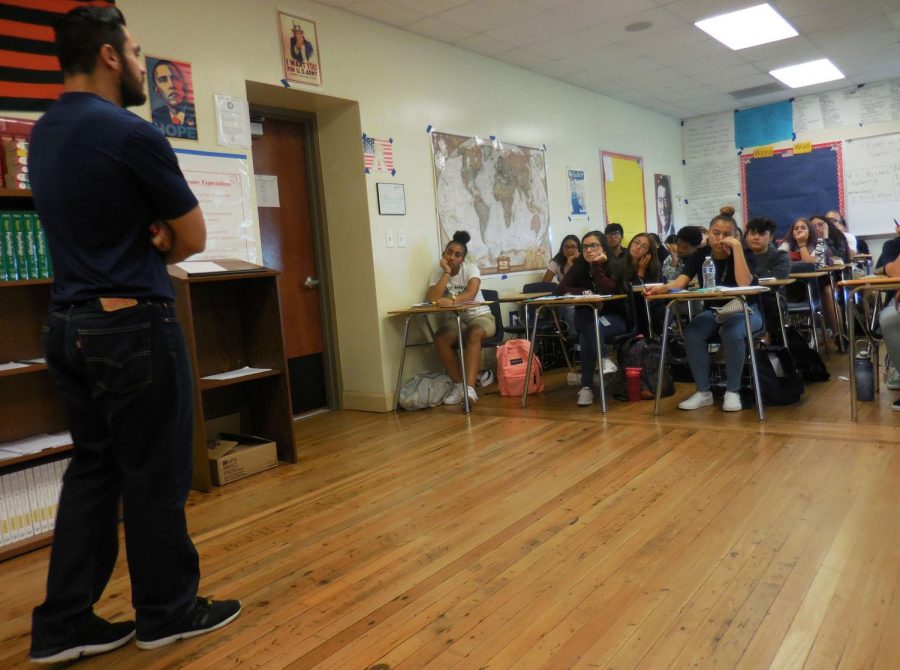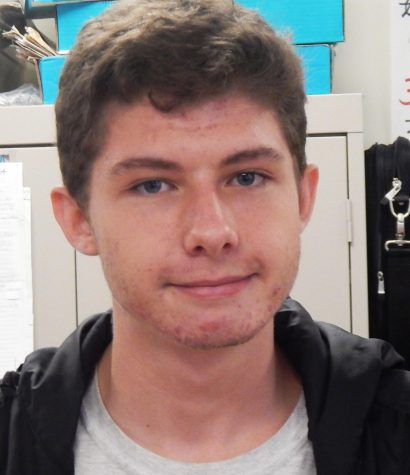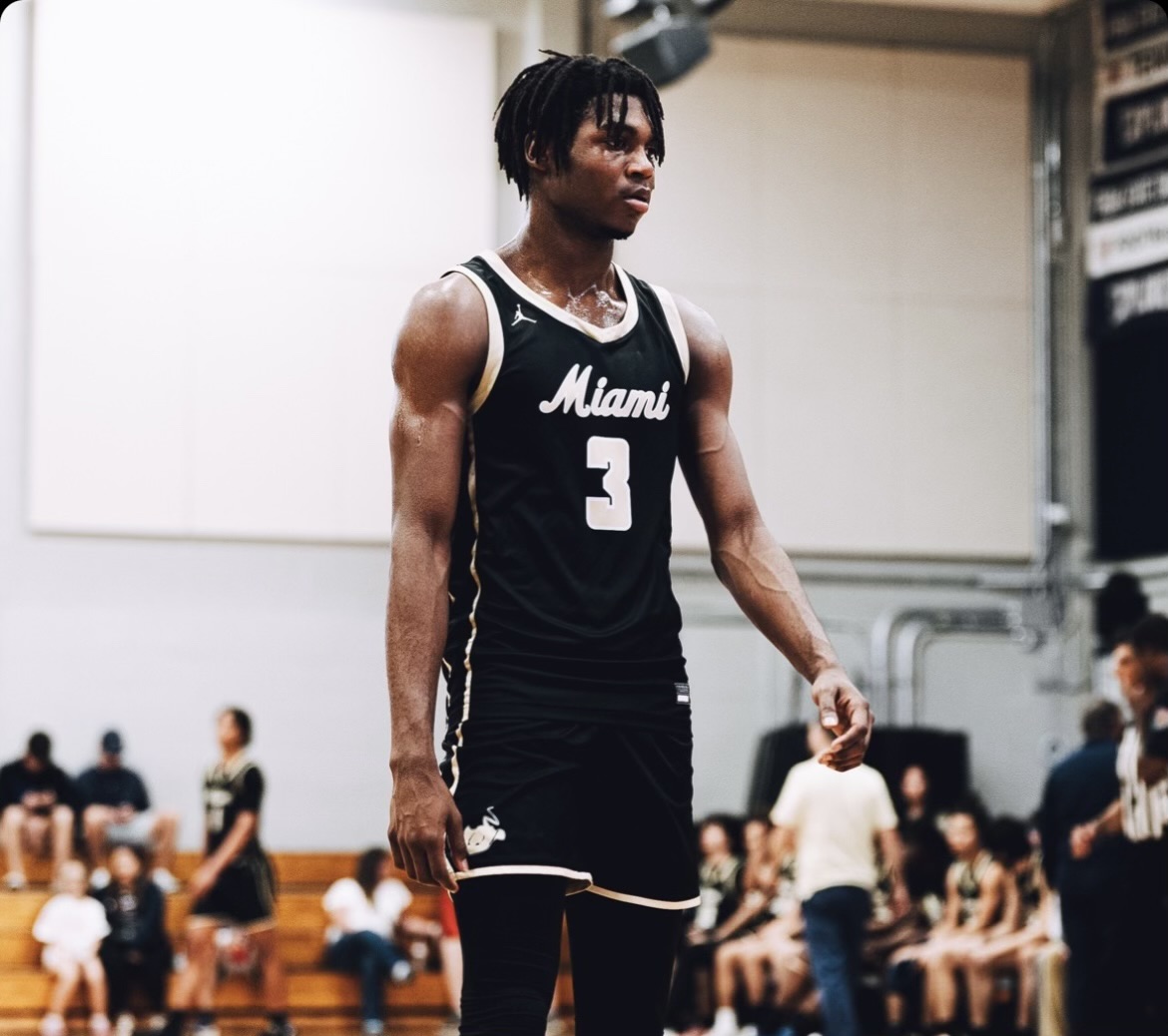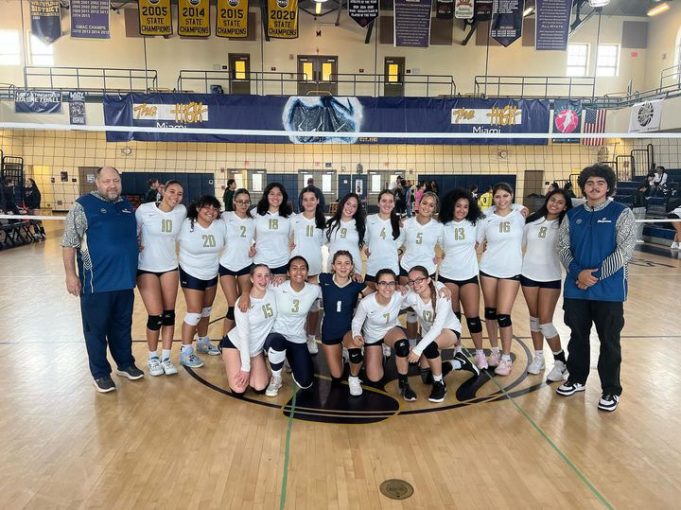AP Psychology Science of the Mind Behind the Scenes
“Through technology, students are now more engaged with media that shows stories where individuals are struggling with mental difficulties such as stress, anxiety, self esteem and abuse” said Mr. Norori.
September 26, 2019
Ever wonder how the mind works? Or why people act the way they do? AP Psychology is the class for you. This year the number of people who requested AP Psychology was much greater than last year: 180 students requested the class, but only 80 students were chosen for Mr. Norori’s period 5 and 7 AP Psych classes dependent on their grades and attendance.
AP Psychology has had three different teachers in the last five years: English teachers Mrs. Fernandini and Mr. Waugaman were teaching the subject prior to social studies teacher Mr. Norori was offered the subject for the 2019-2020 school year and going forward.
The number of students taking AP Psych has increased greatly, and Mr. Norori believes this occurred because there is currently a large focus on mental health. He said, “Through technology, students are now more engaged with media that shows stories where individuals are struggling with mental difficulties such as stress, anxiety, self esteem and abuse.” He adds that everyone in some manner wants to understand how the mind works and the ways it can influence your behavior.
One benefit of taking AP Psychology, according to Mr. Norori, is that psychology is a science, so having a background in psychology can provide a strong foundation for any career in the health sciences and social sciences.
Mr. Norori has had an interest in psychology since when he was eight or nine years old after watching a movie starring Robin Williams titled Good Will Hunting. Prior to teaching at Miami Senior High, he worked in the psychology department of the University of Miami for seven years as an office assistant while completing his studies, earning a minor in psychology during that time.
While working in the department, he realized that everyone that works in a subfield of the science is always trying to find the answers to things that have not been explained. “The research is constant, their methods are extensive, and their attention to detail is meticulous,” he said.
For teachers to add a new subject to the ones they already teach can alter the workload in a way that requires an adjustment period. Mr. Norori, however, says his work load largely remains unaffected. “Everything requires discipline and time management,” he said. “I approach the content and preparation with the same energy and focus that I have given to the other classes I have taught.”
Despite being the most recent psychology teacher, Mr. Norori already has some new activities to do with his two classes. In one, the students will build a brain made from Play-Doh to become familiar with the structure of the brain and where all the parts are placed. In another activity, a personality wall will be made up of small components that describe each student’s individual interests, fears, and strengths.
AP Psychology requires students to read ahead of class discussions. Students must also show that they can retain material for end-of-unit exams. Taking down all vocabulary words on paper and on index cards will come in handy later for review for the end-of-unit exams and eventually the AP test at the end of the year.
Mr. Waugaman was the previous AP Psychology teacher before Mr. Norori. He taught the class for one year. He said, “It was a new experience, and I have always been open to professional challenges and experiences in life in general.” Not teaching the course anymore was not his decision. “It was less of a decision, more of a compatibility issue,” he said. “AP Psych is more compatible in the social studies/ social science department.”
English teacher Ms. Fernandini taught AP Psychology in the 2015-2018 before Mr. Waugaman taught it the following year. She has a very extensive history with the subject officially starting to when she took psychology courses at Florida International University during the summers as a high schooler.
For Mrs. Fernandini, teaching AP Psychology was “Like coming full circle for me because I myself was an AP Psychology student with the incomparable Ms. Dianne Holmes at Coral Park Senior High school.” She took the class because she needed another AP class and already loved psychology. In addition to English Literature, Mrs. Fernandini earned a second bachelor’s degree in psychology, specializing in Applied Behavior Analysis.
When she is not teaching, Ms. Fernandini continues to provide behavior therapy to kids with Autism and runs clinical studies with FIU every summer for kids who have Attention Deficit/Hyperactivity Disorder (ADHD) and other related behavior disorders such as Oppositional Defiant Disorder (ODD) and Conduct Disorder (CD). She also helps with programs for parents who have children with mental health issues. She also was a co-author in a pilot clinical study on kindergardeners published in the Journal of Early Intervention in May of 2016.
Besides teaching 9th grade English, Mrs. Fernandini teaches an elective class in Multicultural Racial Literacy, and Human Rights. Asked to choose in 2017 between teaching that elective or AP Psychology, her primary choice was Multicultural Studies, though she would have liked to continue teaching AP Psychology.
How much do you know about AP Psych?
- How many years did Mr. Norori work in the psychology department of The University of Miami?
- What is the benefit of taking AP Psychology?
- What is the name of the publication that Ms. Fernandini was a co-author for?
- What does the work consist of for students that are in this class?






